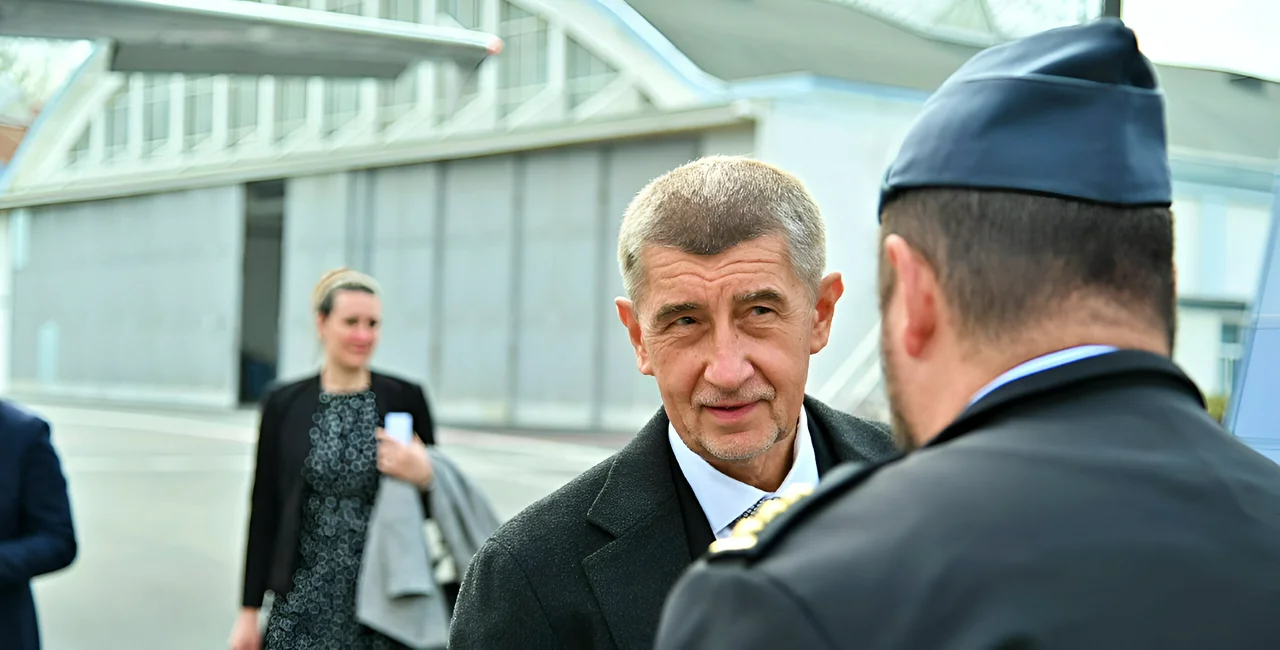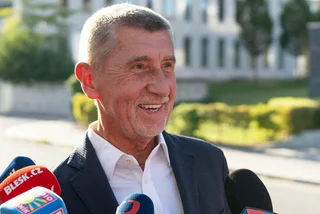International affairs website Politico writes that the Czech Republic may join a growing bloc of Central European countries friendly to Russia, posing a significant challenge to the EU, after opposition ANO leader Andrej Babiš' possible return to power following the 2025 parliamentary election.
Politico describes Babiš as Czechia’s “most influential” politician, who has tilted his party firmly to the right, echoing rhetoric from Hungarian Prime Minister Viktor Orbán and Slovak counterpart Robert Fico, who are known for their pro-Kremlin stance. This shift could lead to a reduction in aid to Ukraine, further complicating EU efforts to present a united front against Russian aggression.
The clear victory of ANO in recent regional elections was a wake-up call for the Czech government and Brussels, Politico writes. ANO also became a member of the populist right-wing Patriots for Europe EP group, alongside Orban's Fidesz and the Freedom Party of Austria (FPÖ), which led to the departure of liberal-minded members.
"A growing pro-Moscow bloc will make it harder to reach consensus on issues such as aid to Ukraine, sanctions against Russia, and migration," Politico warns. Czech Foreign Minister Jan Lipavský expressed concern, telling the media website: "The ANO movement is just Orbán's puppet. They have clearly found friends among pro-Russian nationalists and xenophobes in the European Parliament.”
Politico also describes how, after his 2021 parliamentary election loss, 70-year-old Babiš has adopted the provocative rhetoric typical of far-right leaders. He has accused the EU of causing high energy prices, criticized military support for Ukraine, and fiercely opposed undocumented migration, proposing to station armed forces along Southern European beaches to address the issue.
Babiš' stance on Ukraine is particularly concerning according to Politico, as he has stated that "Ukraine will never become a member of the EU." Additionally, ANO MEPs have abstained or failed to show up for votes on resolutions supporting Ukraine, including one calling for approval of Western weapons against Russian targets.
In 2025, a coalition assembled between Andrej Babiš and Czech far-right parties, such as Freedom and Direct Democracy or Oath and Motorists, would enable him to pursue "whatever he deems appropriate in foreign and European policy," according to Petr Kaniok, director of the International Institute of Political Science at Masaryk University in Brno.
Member of the European Parliament for ANO Ondřej Knotek rejected claims that the party holds pro-Russian leanings. "Any efforts to label us as pro-Russian, pro-Chinese, or, frankly, even pro-Antarctic, are simply driven by fears over our rise as the third-strongest group in the Parliament," Knotek stated earlier this week.












 Reading time: 2 minutes
Reading time: 2 minutes 



























